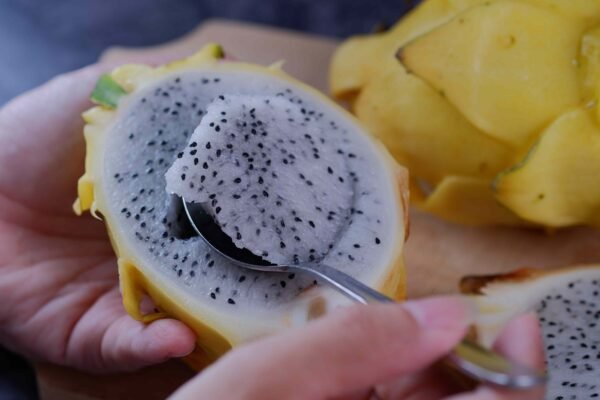
7 Health Benefits of Hazelnuts You Probably Didn’t Know, According to Nutritionists
Put down the almonds and pistachios—hazelnuts are an overlooked snack that deserves more attention. The small, round nuts with brown skins—sometimes known as filberts—are packed with protein, fiber, and healthy fats, making them a perfect addition to any balanced, nutrient-dense diet. “Hazelnuts are really one of the underrated nuts, and they’re a brilliant addition to…










